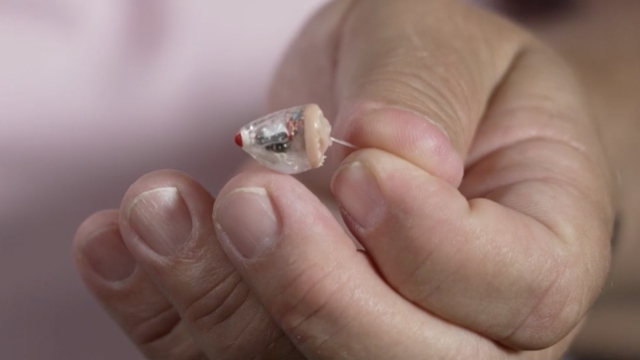- cross-posted to:
- [email protected]
- cross-posted to:
- [email protected]
At first, an in-ear phone and language translator, while useful, might not seem compelling. But take things a bit further. This relies on a mini-computer and connection to the internet in the hearing aid. What if that allowed you to connect to Chat-GPT? Or future more powerful versions of it. That might be more compelling. Sci-fi has often envisioned cyborgs in the future. Maybe one day people will look back at stuff like this and think it was the first baby steps of that technology.



Bluetooth headphones do that already for a fraction of the price though… there’s even Bluetooth monitors for musicians that can selectively block certain frequencies/amplify certain sounds. Calling this a ‘hearing aid’ just seems like an attempt to cash in on insurance money/charge a premium because then it’s in a category of ‘medical devices’ rather than just consumer electronics.
Sorry which Bluetooth headphones do this ? I’ve not seen anything like this. Can you post a link
I just have cheap ones, the anker pro life p3, but they have noise cancelation and selective settings for pass-through, so you can select what is amplified and played back through the headphones, but I assume more expensive ones have more detailed settings. They don’t translate things on their own, but if some ‘hearing aid’ manufacturer has the ability and software to do that in real time (which I mostly doubt) then there would also exist software to do that from the phone they’re connected to.
https://www.rollingstone.com/product-recommendations/electronics/best-in-ear-monitors-876600/
That is fascinating. So you can increase and decrease the volume of speakers? I know of house cancelation and I knew some higher ends could increase the clarity of voice versus other noises. But that’s a new ballgame